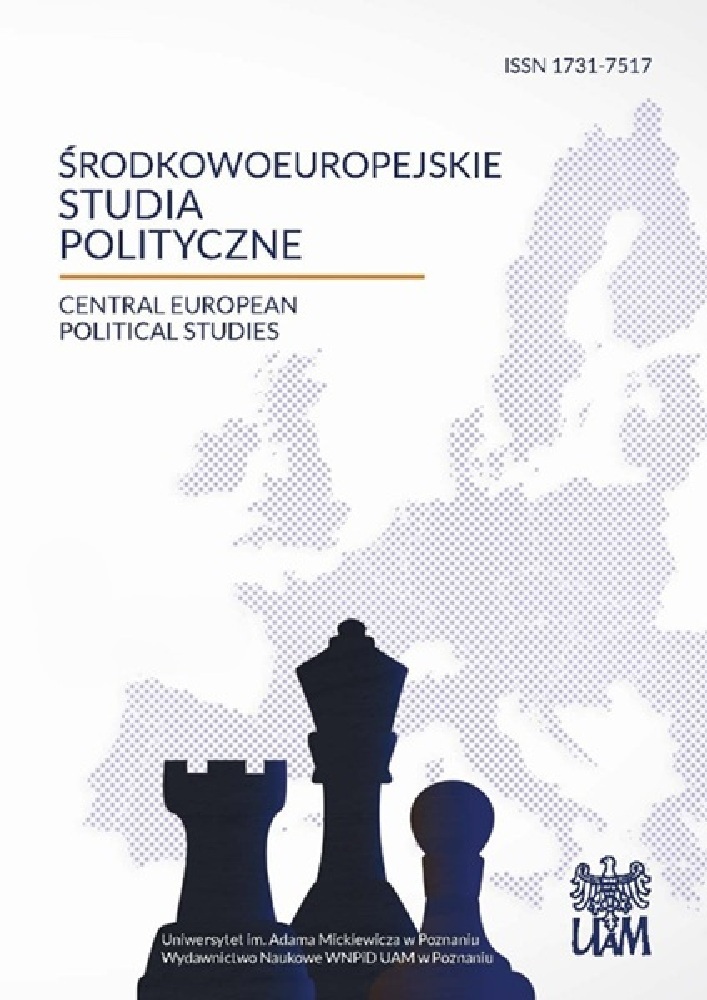Abstract
The national identity of Poles living in the Grodno region began to manifest itself in the early 1990s as a continuation of the tendency to promote national movements, encouraged by the Soviet Union. After Belarus became independent, Poles have had more opportunities to develop their national culture, and they have began to actively set up numerous minority organizations, open Polish schools and Polish houses, etc. Poles were the most numerous, yet one of many minorities living in the Grodno region, and they have harmoniously integrated with this highly ethnically diversified society. The conflicts emerging within the Union of Poles of Belarus, which receive so much attention in the Polish media, reflect internal conflicts in one of numerous Polish organizations operating in the Grodno region, and they should not affect the situation of all Poles in Belarus.License
Copyright
© 2009, Uniwersytet im. Adama Mickiewicza w Poznaniu, Wydawnictwo Naukowe Instytutu Nauk Politycznych i Dziennikarstwa
OPEN ACCESS
